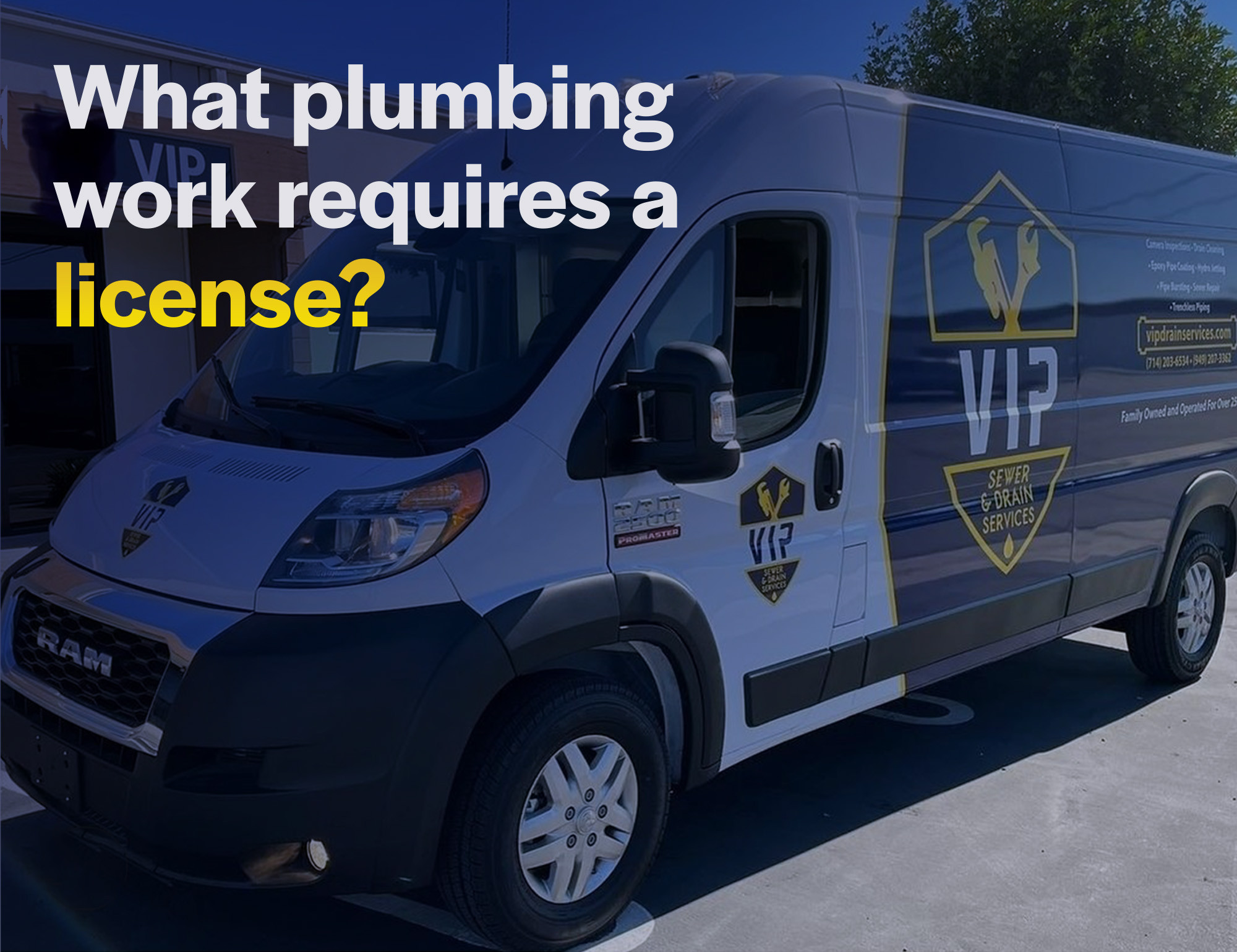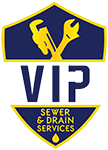
Plumbing is an essential trade that ensures the smooth functioning of our homes and commercial spaces. However, not all plumbing work can be undertaken by just anyone. In order to safeguard public health and safety, certain plumbing tasks require the expertise of licensed professionals. Let’s go over plumbing jobs that require the attention of a licensed professional and the importance of hiring qualified plumbers.
1. Installation and Repair of Plumbing Systems.
Plumbing licenses are typically required for the installation and repair of complex plumbing systems. This includes tasks such as installing new pipes, fixtures, and appliances, as well as repairing or replacing existing ones. Licensed plumbers possess the necessary knowledge and skills to make sure that these systems are properly installed and functioning efficiently, minimizing the risk of leaks, water damage, and other potential hazards.
2. Sewer and Drain Work.
Working on sewer and drain lines is another area where a plumbing license is crucial. Professional plumbers have the expertise to handle the intricate network of underground pipes and address issues such as clogged drains, sewer line backups, and damaged pipes. By having the necessary knowledge and experience, plumbers can accurately diagnose problems, employ appropriate techniques, and adhere to safety guidelines when working on these critical components of your plumbing system.
3. Gas Line Installation and Repair.
Gas line installation and repair are specialized areas of plumbing that demand expertise and compliance with safety regulations. Plumbers with the necessary licensure are qualified to work on gas lines, ensuring that they are correctly installed, sealed, and free from leaks. Gas leaks can pose significant risks, including fire, explosion, and carbon monoxide poisoning, making it essential to engage licensed professionals to handle such tasks.
4. Water Heater Installation and Maintenance.
Installing and maintaining water heaters is a task that often necessitates a plumbing license. Water heaters are complex appliances that require proper installation, connection to gas or electrical systems, and compliance with building codes. Professional plumbers possess the knowledge to ensure the correct sizing, appropriate venting, and safe installation of water heaters. Additionally, they can offer guidance on maintenance and perform necessary repairs to ensure optimal functionality.
5. Backflow Prevention.
Backflow prevention is a critical aspect of plumbing that safeguards potable water supplies from contamination. Licensed plumbers are trained to install, test, and maintain backflow prevention devices. These devices prevent the reverse flow of water, ensuring that clean water remains separate from potentially polluted sources, such as irrigation systems or industrial fluids. Engaging a licensed plumber for backflow prevention tasks is vital to maintaining the integrity and safety of the water supply.
6. Plumbing work valuing $500+
To legally perform plumbing work on projects valuing more than $500 in labor and materials in the state of California, you must be a licensed contractor. However, California does not require you to have a license to begin working and learning as long as you are directly supervised by a registered contractor
Plumbing licenses are essential for carrying out various complex plumbing tasks that require expertise, compliance with safety standards, and an understanding of building codes and permit requirements. By hiring licensed plumbers, you can have confidence in the quality of work performed, ensuring the safety and functionality of your plumbing systems.


